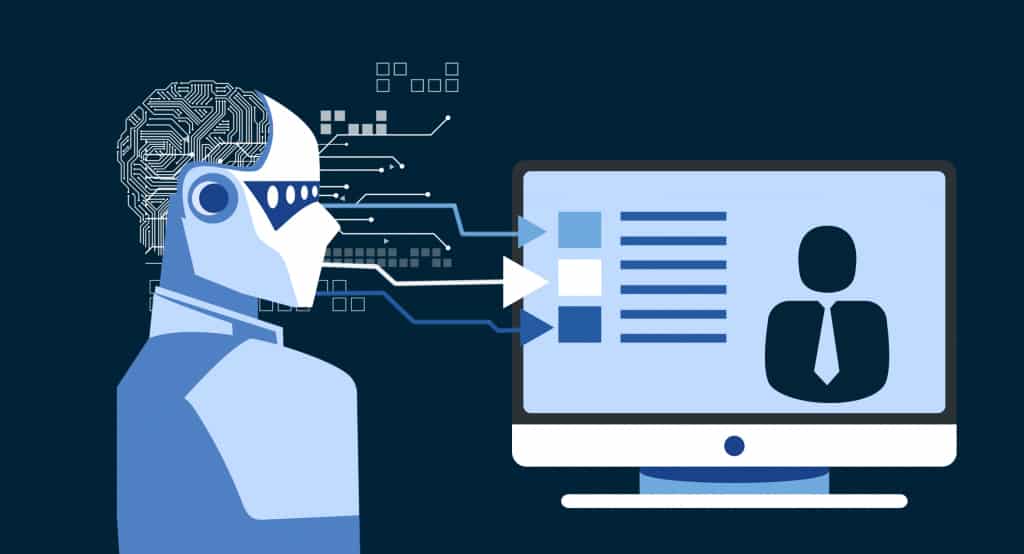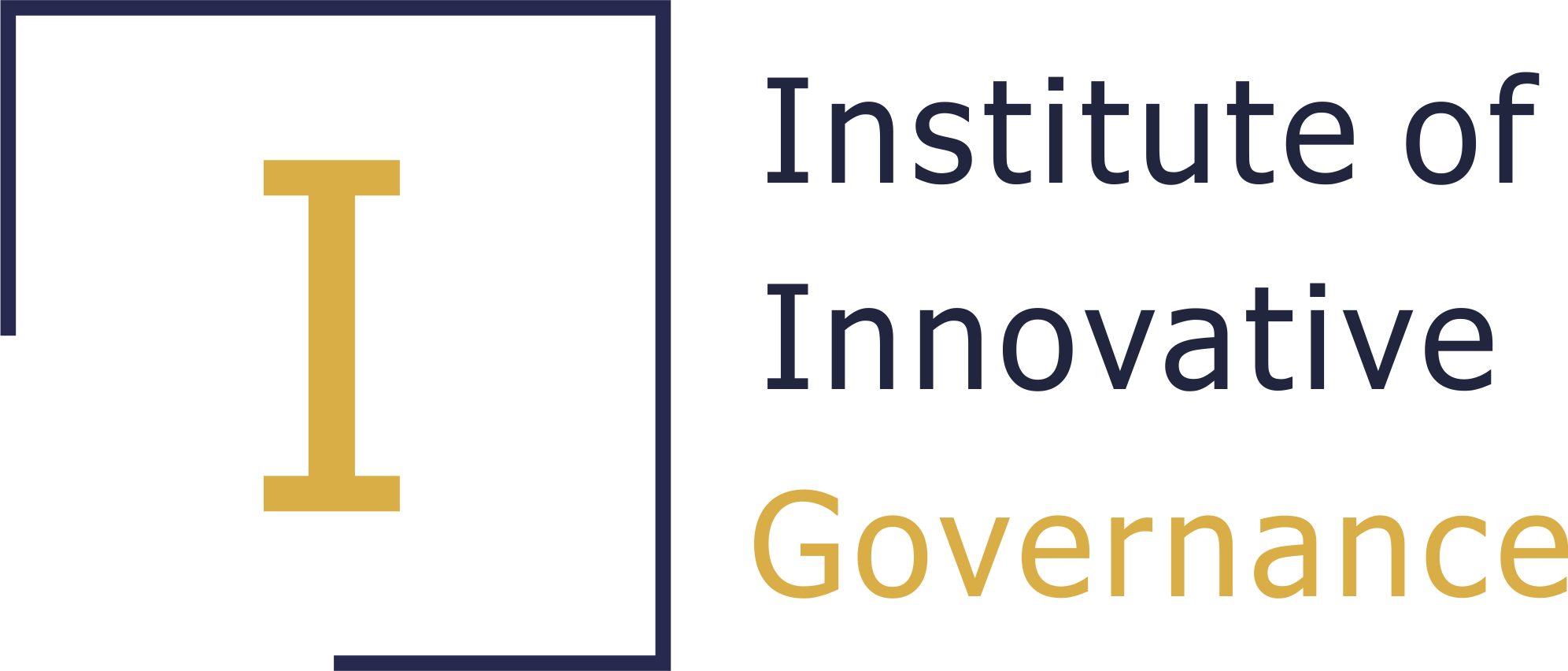
Artificial Intelligence has already penetrated in many areas of our daily and business life and has significantly changed our routine. The rapid AI progression enables expanding spheres of its’ implication to solely human’s area of competence, like Human Resource management. However, the HRM specialists haven’t met consensus if adopting AI technologies can advance the efficacy and quality of the management.
AI is already widely used in human resource management, particularly the recruitment process, and some experts highlighted its positive impact. According to Geetha and Bhanu Sree Reddy (2018), bringing AI to recruitment and human resource management benefits to save time and costs on mapping talents, query redressing, updating employees, hiring with qualities. Consequently, AI can be seen as a compelling tool to boost profitability as the higher numbers’ applicants can be processed, and talents can be better distinguished (Upadhyay A. K. & Khandelwal K. 2018).
In the meantime, AI has some drawbacks when it comes to the profound psychological analysis of the candidates. AI-driven video interview applications, to analyze video interviews of candidates and give employers more insights to recruiters facilitating, or automated screening tools, to conduct tests, personality assessments, language skills – there all aim to solve issues of perfect matching and unbiased selection. However, applying AI technology can also induce a backlash.
In 2015 Amazon.com Inc. realized that their machine learning system sustained the biases in the recruiting system and made preferences to men over women. The reason why such a flaw befell was simple: the system needed valid data to be taught but the data, provided to the machine, contained the biases. The data consisted of the selected and not selected candidates’ CVs, who previously applied to the company, and as most of the hired candidates were men, the system had formulated the algorithm that indicated male candidates as superior. More specifically, it labelled the word “women’s” as a penalization and low ranged the candidates who had that in their CVs. Although the problem was discovered and fixed, specialists still revealed that the bias might happen again (Dastin, J. 2018).
Likewise, the obstacle with a video interview with facial recognition technology highly depends on the valid data. There are several concerns if facial recognition can be accurate when it comes to facial hallmarks, like tattoos, skin colour, some facial isolations and else (Zetlin, M. 2018). It is also questionable how facial recognition can classify emotions as there is no trustworthy data. Another question would be if it’s possible to hack the system and mimic the certain emotions the system is seeking.
Despite the downfalls of AI, it is still clear that technology is stepping into the system and therefore it requires human support to function efficiently. Right now, AI clearly cannot substitute the human. Nevertheless, it is undeniable that AI is evolving fast and soon it would provide more support in the recruitment process and help solve the new issues as well as change the role of a human in the system.
References:
Dastin, J. (2018, October 10). Amazon scraps secret AI recruiting tool that showed bias against women. Retrieved from https://www.reuters.com/article/us-amazon-com-jobs-automation-insight/amazon-scraps-secret-ai-recruiting-tool-that-showed-bias-against-women-idUSKCN1MK08G
Geetha R. and Bhanu Sree Reddy D (2018) “Recruitment through Artificial Intelligence: A Conceptual Study”, International Journal of Mechanical Engineering and Technology, 9(7), pp. 63–70, http://www.iaeme.com/IJMET/issues.asp?JType=IJMET&VType=9&IType=7
Upadhyay A. K., Khandelwal K., (2018) “Applying artificial intelligence: implications for recruitment”, Strategic HR Review, https://doi.org/10.1108/SHR-07-2018-0051
Zetlin, M. (2018, February 28). Got a Poker Face? Employers are Using AI to Analyze Candidates’ Facial Expressions and Personalities. Retrieved from https://www.inc.com/minda-zetlin/ai-is-now-analyzing-candidates-facial-expressions-during-video-job-interviews.html
By Anastasiia Popova

